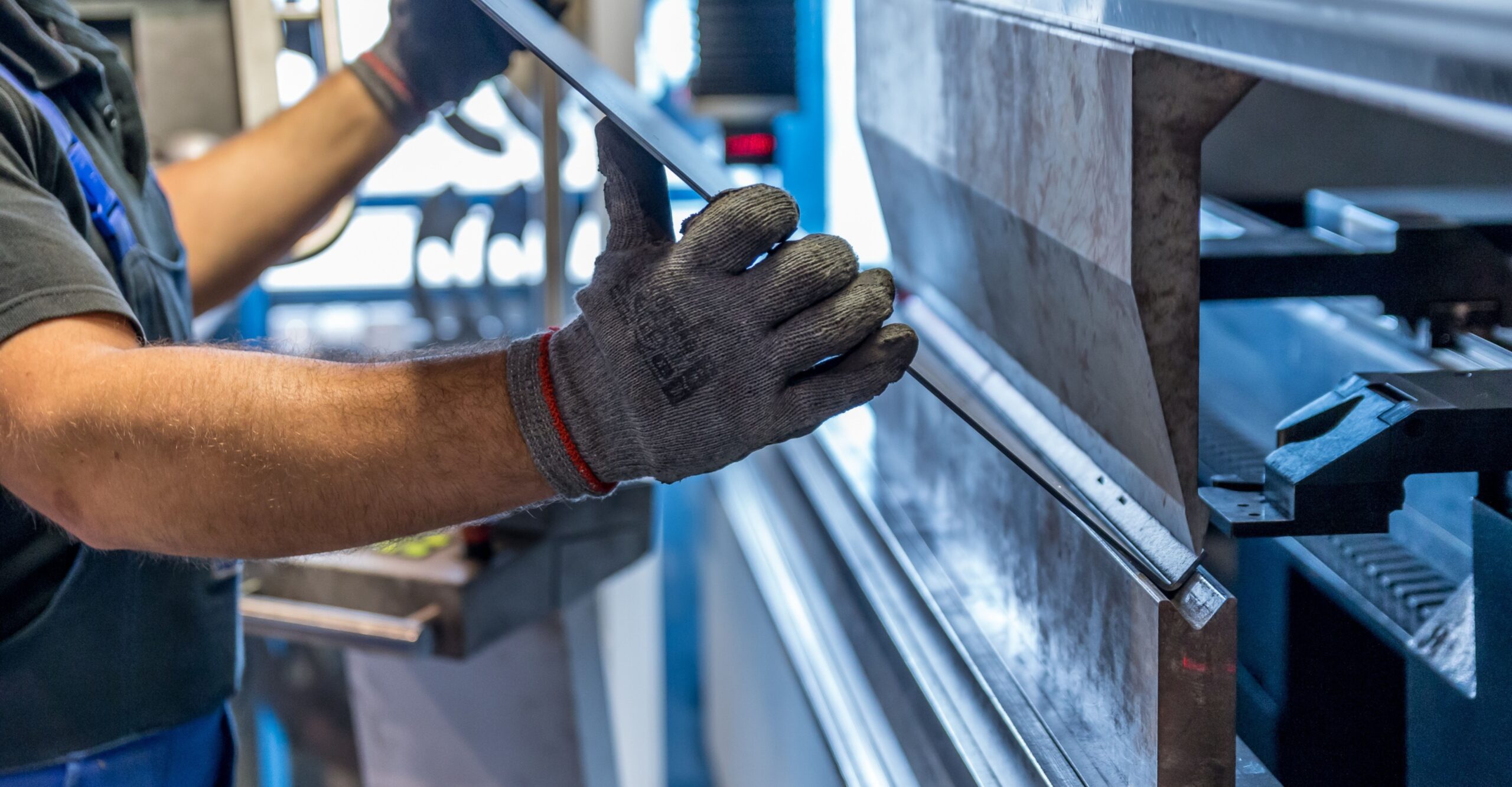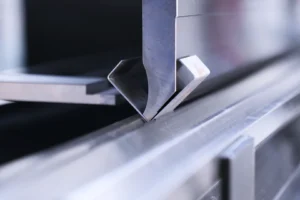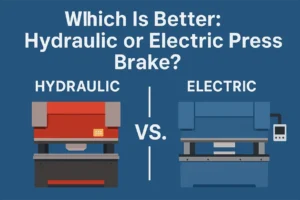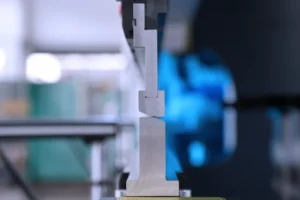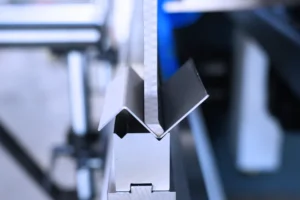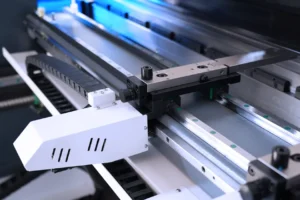Panel bender machines represent a pinnacle in metalworking technology, particularly in bending operations. In this comprehensive discourse, we shall explore the intricate landscape of panel bender machines, dissecting their definition, attributes, applications, and the nuanced balance of their advantages and limitations.
Table of contents
1. Defining Panel Bender Machines
2. Features of Panel Bender Machines
3. Applications of Panel Bender Machines
4. Pros and Cons of Panel Bender Machines
1. Defining Panel Bender Machines
Panel bender machines epitomize the fusion of precision engineering and automation, engineered explicitly for bending metal sheets with unparalleled accuracy and efficiency. Unlike their conventional counterparts, these machines integrate advanced servo-controlled systems and bespoke software to orchestrate the bending process seamlessly, effectively eliminating the need for labor-intensive manual interventions.
2. Features of Panel Bender Machines
Panel bender machines boast an array of sophisticated features, including:
- Automated Bending: Leveraging state-of-the-art servo-driven mechanisms, panel bender machines execute bending operations with surgical precision, ensuring uniformity and repeatability in every fold.
- Material Versatility: These machines exhibit remarkable versatility in accommodating an extensive spectrum of materials, encompassing steel, aluminum, and stainless steel, across various thicknesses and geometries.
- Rapid Setup and Tooling Changeover: Equipped with intuitive interfaces and modular tooling systems, panel bender machines facilitate swift setup and seamless transitions between diverse bending tasks, minimizing downtime and optimizing production efficiency.
- Integrated Quality Assurance: Embedded sensors and real-time monitoring systems empower panel bender machines with unparalleled quality control capabilities, enabling the detection and rectification of deviations in bend angles and dimensions promptly.

3. Applications of Panel Bender Machines
- Automotive Industry: In automotive manufacturing, panel bender machines play a pivotal role in fabricating precision-crafted components such as body panels and structural reinforcements.
- Aerospace Sector: Within the aerospace sector, these machines find application in shaping intricate aircraft components, ranging from fuselage sections to interior fittings, with uncompromising precision.
- Architectural Fabrication: Panel bender machines are instrumental in crafting architectural marvels, facilitating the bending of metal sheets to create bespoke façades, claddings, and ornamental embellishments.
- Electronics Manufacturing: In the realm of electronics, these machines are indispensable for producing enclosures and chassis with precise geometries, catering to the stringent requirements of modern electronic devices.
- Furniture Production: Panel bender machines find resonance in the furniture industry, enabling the fabrication of metal components for chairs, tables, and furnishings with unparalleled finesse and efficiency.
4. Pros and Cons of Panel Bender Machines
Pros:
- Enhanced Productivity: The automation prowess of panel bender machines translates into exponential gains in productivity, fostering a streamlined production workflow and expedited throughput.
- Unrivaled Precision: Leveraging advanced servo-driven actuators and real-time monitoring systems, these machines deliver bending outcomes characterized by unparalleled precision and dimensional accuracy.
- Versatility and Flexibility: The inherent adaptability of panel bender machines enables seamless transitioning between diverse bending tasks, catering to the evolving demands of modern manufacturing landscapes.
- Cost Optimization: Despite the initial capital outlay, the long-term cost benefits of panel bender machines, stemming from reduced setup times, minimal material wastage, and enhanced operational efficiency, underscore their economic viability.
Cons:
- Initial Capital Investment: The acquisition cost of panel bender machines may pose a substantial financial barrier, particularly for small-scale enterprises, necessitating strategic financial planning and resource allocation.
- Maintenance Imperatives: The intricate nature of panel bender machines mandates meticulous maintenance regimes to sustain optimal performance levels, necessitating ongoing investments in servicing and upkeep.
- Skill Acquisition: Operating panel bender machines necessitates a certain degree of technical proficiency and acumen, warranting comprehensive training programs to harness the full potential of these cutting-edge technologies effectively.
5. Conclusion
In conclusion, the evolution of panel bender machines has significantly impacted the metalworking industry, enhancing productivity and quality standards. Among the manufacturers spearheading this advancement is KRRASS, known for producing high-quality panel bender machines that integrate precision engineering and automation seamlessly. While panel bender machines from various companies offer distinct features, KRRASS stands out for its commitment to innovation and customer satisfaction. Consider KRRASS when seeking reliable solutions for complex bending operations, as their machines represent a blend of efficiency, accuracy, and technological sophistication.
